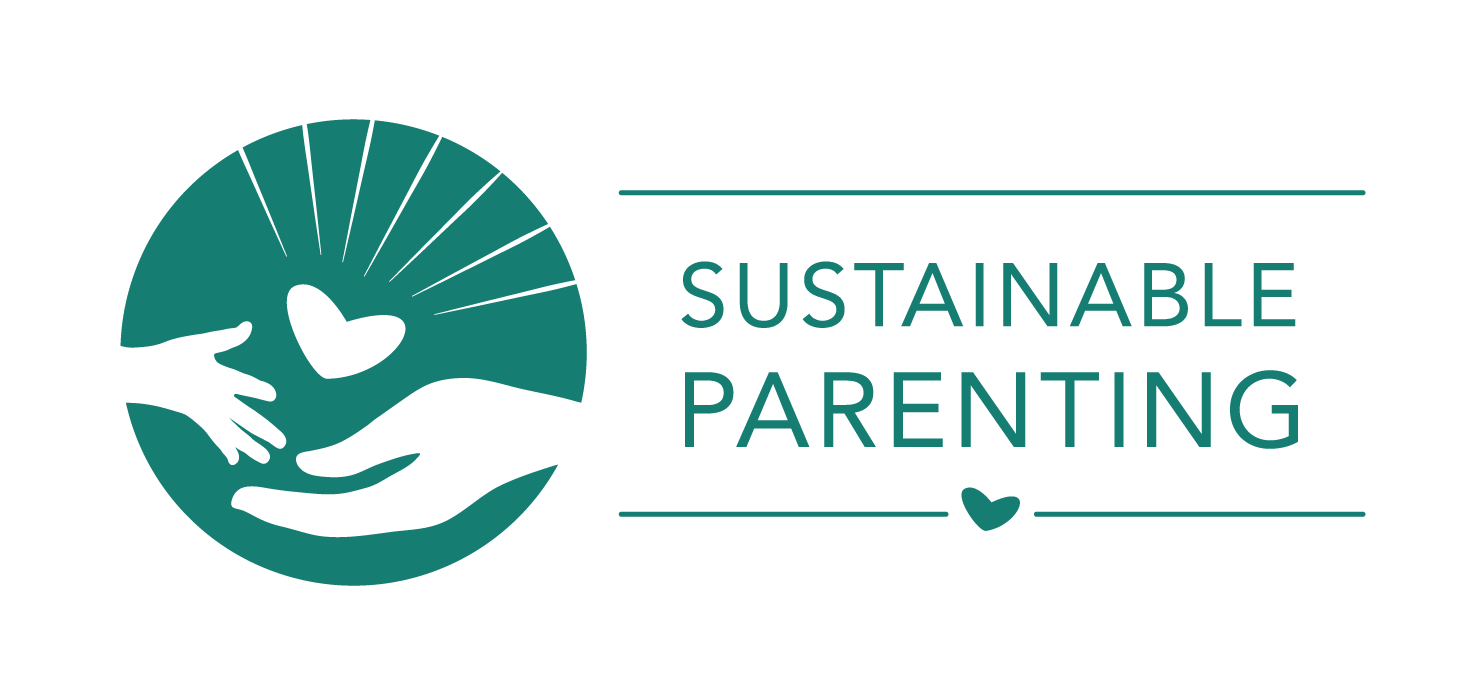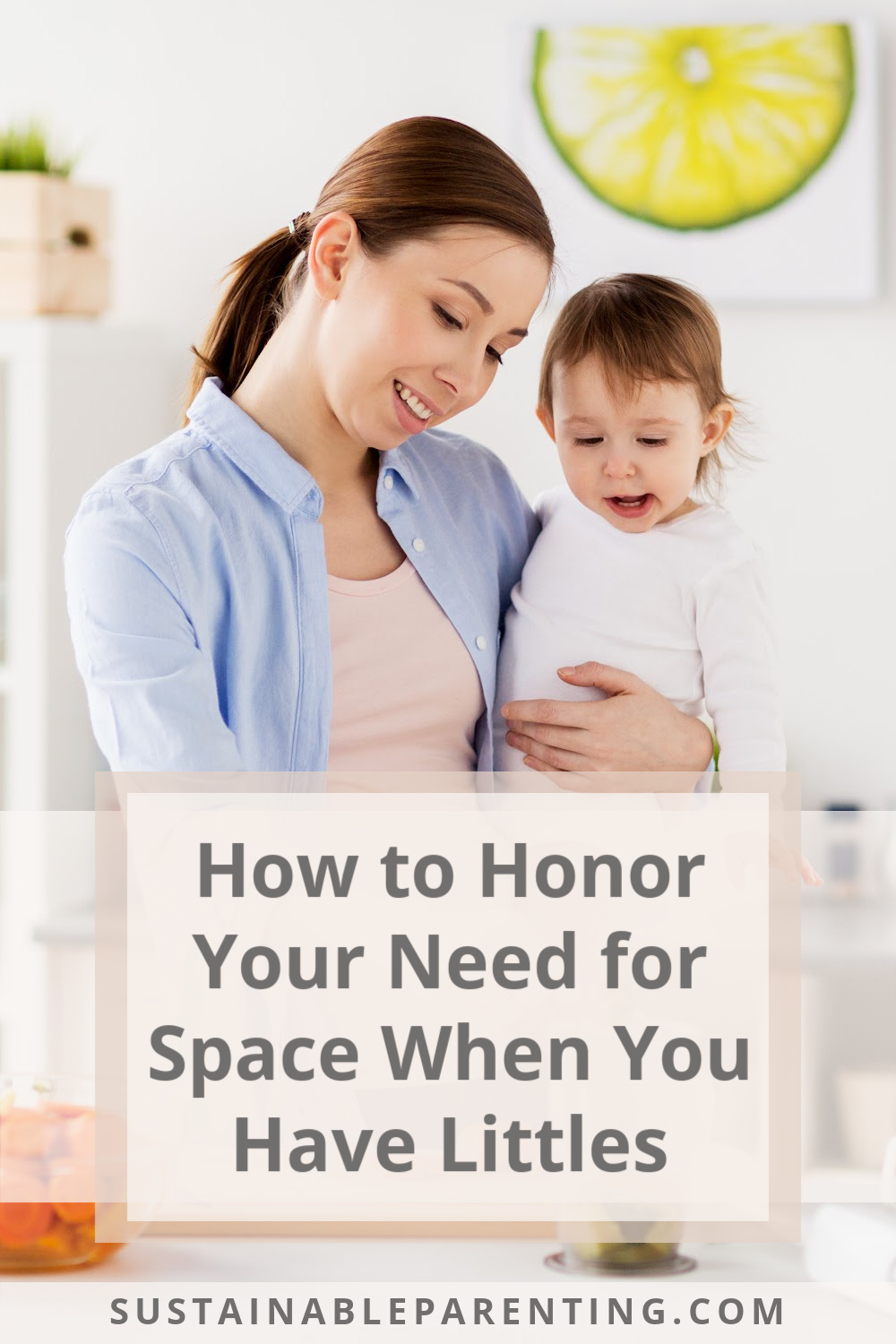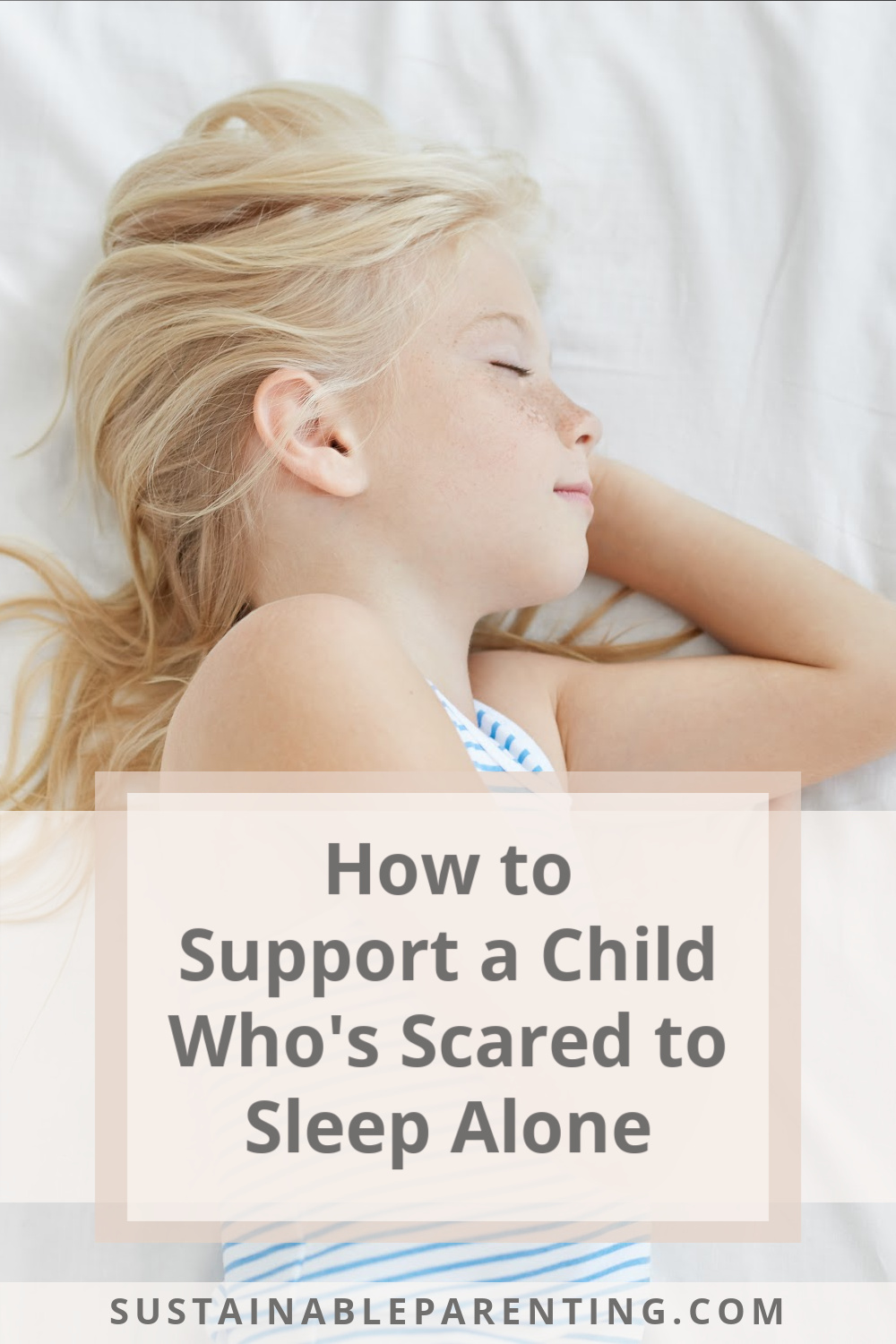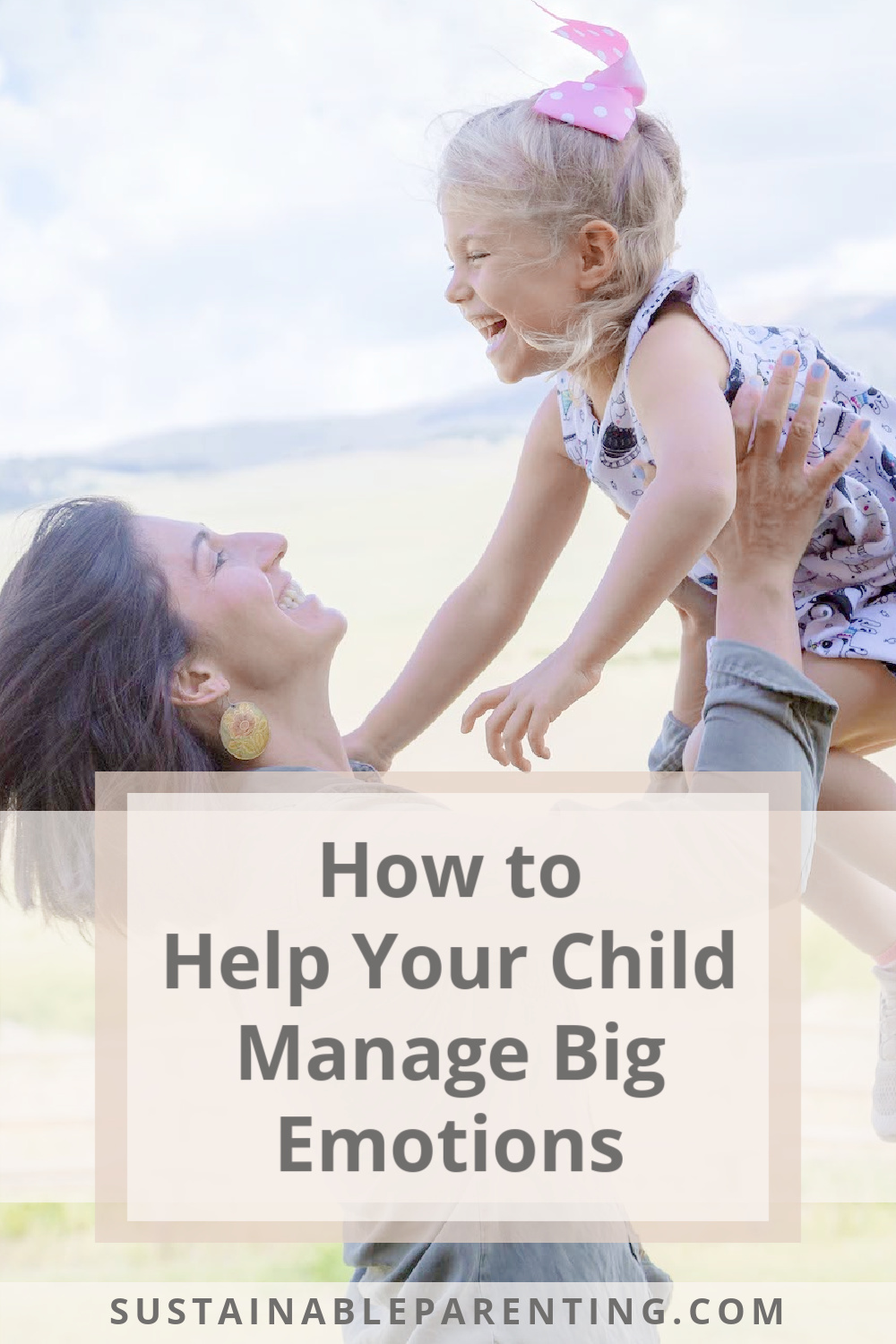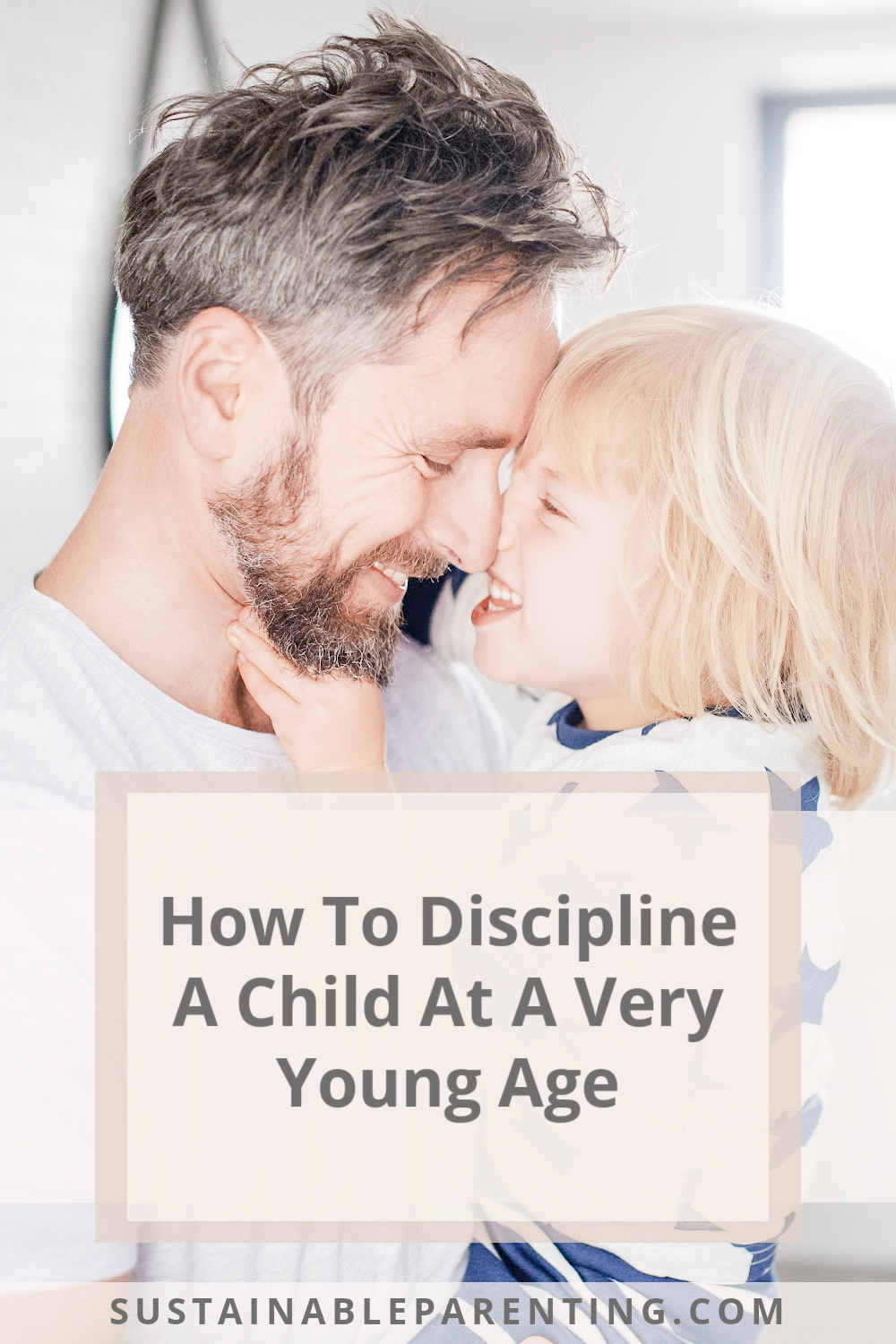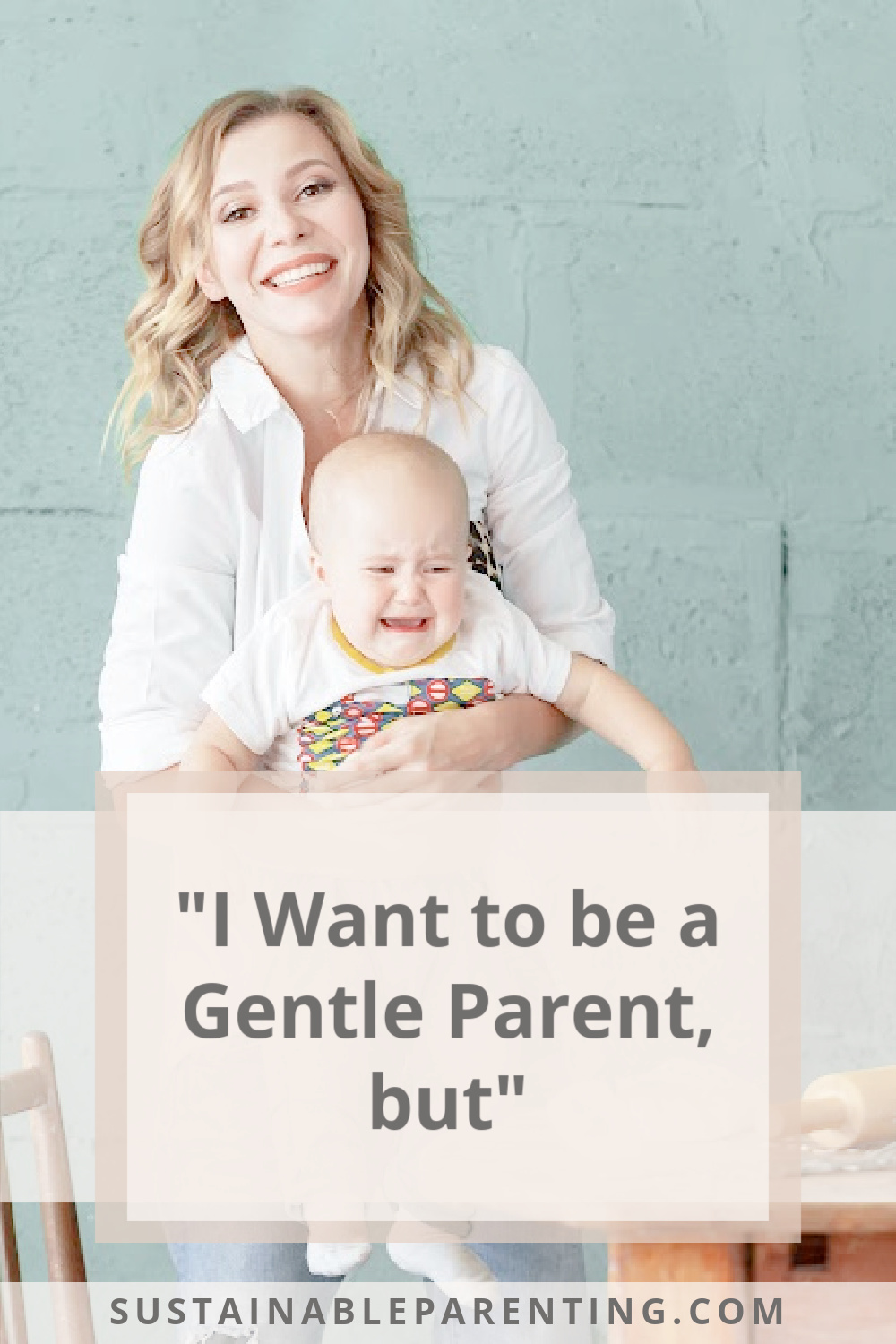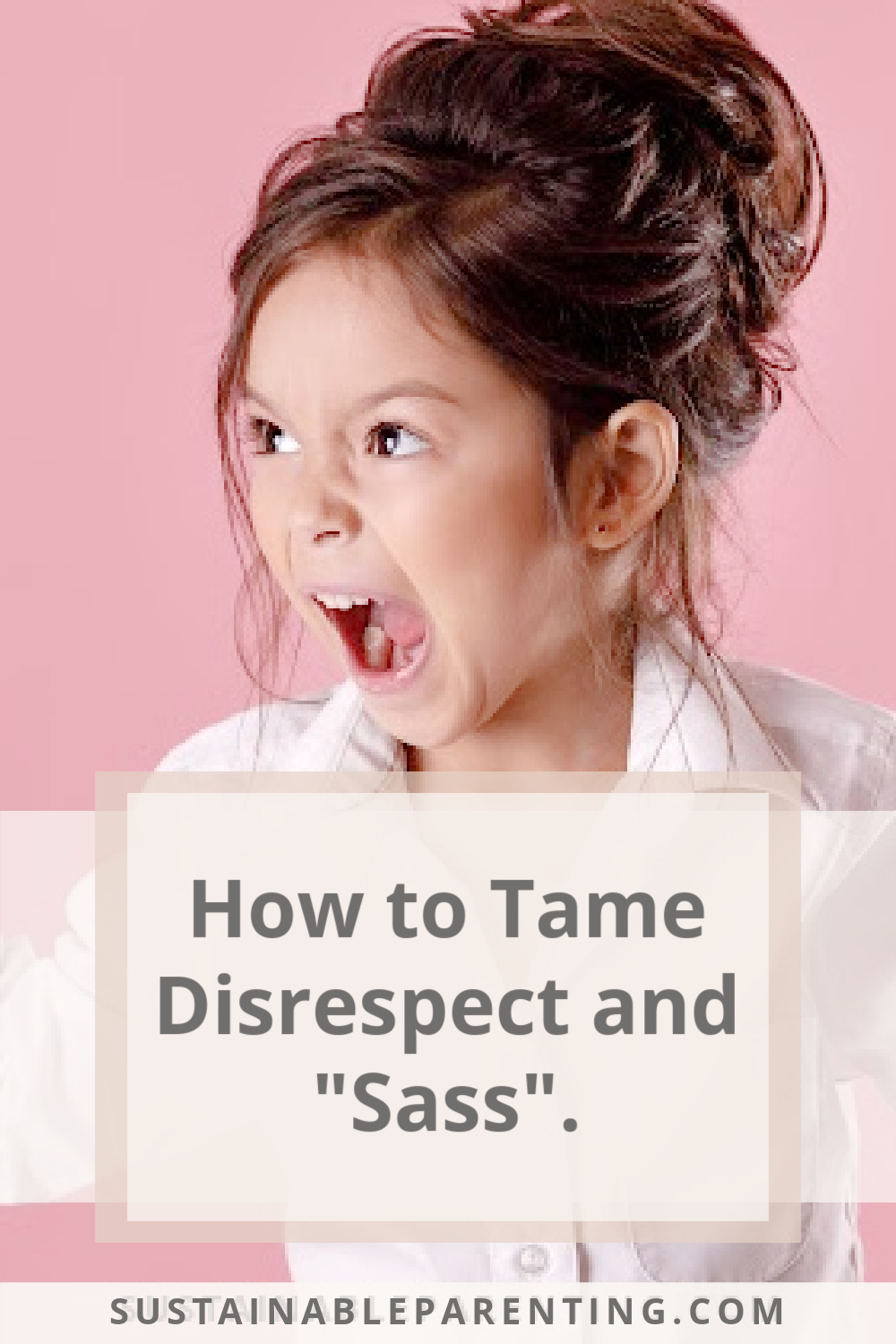The 4 R’s of Logical (& Effective) Consequences
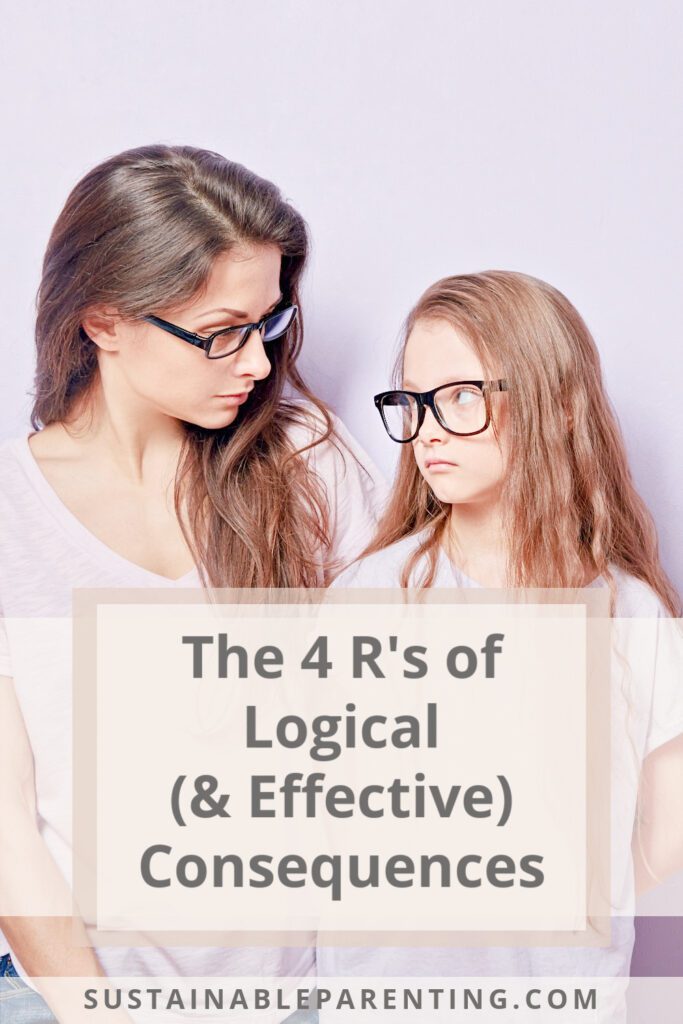
For many parents, grasping the concept of “natural consequences” can be a common challenge. Considerations like, “What happens when a child hits their sister, throws food at mealtime, or screams when not getting their way?” frequently come to mind. In this article, we will delve into the concept of natural consequences and explore the application of logical consequences, offering insights to help parents navigate disciplinary choices effectively.
What you first need to know is that natural consequences aren’t always possible. For instance, you are not going to let your child run into a street to experience getting hit by a car, to learn that isn’t a good choice. In that case, Logical Consequences may be a more effective focus.
Types of Consequences:
1. Natural Consequences
Allowing natural outcomes to show the child that his/her choices aren’t very effective. Ie. A cold day without a coat teaches the child what happens if you don’t wear a coat.
2. Logical Consequences
Something enforced by an adult, intended to create a helpful learning experience that encourages responsible cooperation.
4 R’s to Logical Consequences:
1. Reasonable
The intensity or duration matches the behavior. Ie. Instead of canceling a birthday party for not listening at bedtime, a logical consequence is the child losing 1 bedtime book, or instead of them getting to choose the bedtime book, you choose it.
2. Related
Connect the outcome to the behavior as closely as possible. Instead of canceling a play date for tomorrow, when the child doesn’t put their bike away in the garage, they aren’t able to have the privilege of riding their bike the next day (and walk to school or walk to play with friends instead). A related consequence for hitting could be taking space reset to being a good boss of your body, or not having access to an iPad because your hands have not been showing they can be safe.
3. Relayed in Advance
This one is key to me. Instead of saying “Don’t yell at me”, and then after 5 repeated reminders, tell them in advance, “When you shout, I’m out,” (meaning you will walk away until they are done shouting). Then follow-through will likely have more impact, as they clearly knew what would happen if they continued that behavior.
4. Relationship-based
The goal is always to maintain the idea that you always LOVE the child, and they are always a GOOD child. The correction and consequences are never about saying, “Because you were bad, you lost this.’ Instead, focus on the behavior. A great way to keep this focus is to use the word CHOSE. “I’m sorry you chose that” or “That was a sad choice, because now you don’t have….” Or “When you chose to run away, you chose to have me hold your hand.”
If you’d like more personalized guidance, contact Flora today.
Click here to view the entire issue of Montana Parent.

